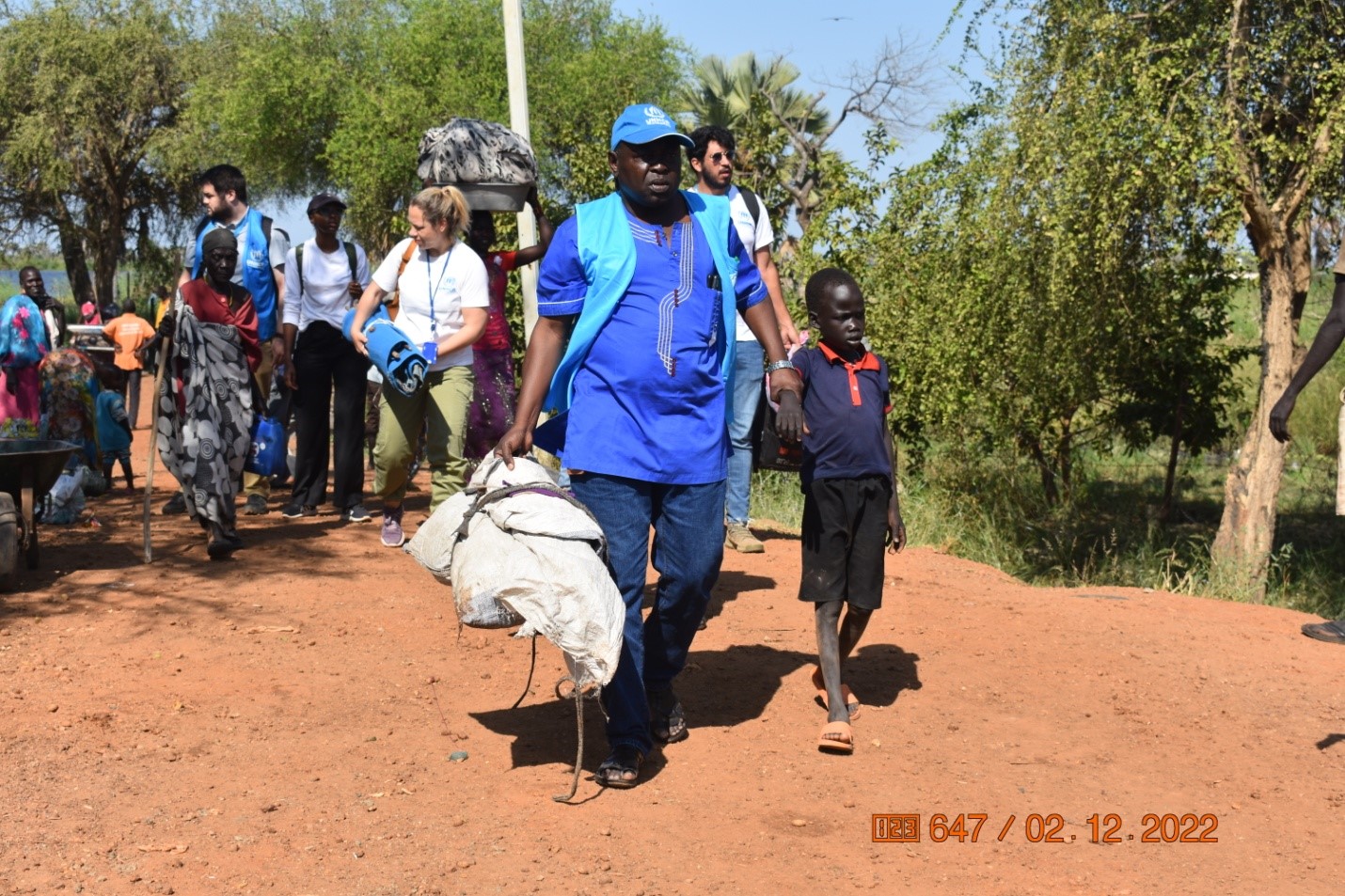
Clergies warn of imminent violence over returnees from Sudan

By Kitab Unango
Clergies under the umbrella group Upper Nile Religious Initiative for Peace and Reconciliation (UNRIPR) have warned of imminent clashes among returnees and the host community.
More than 70,000 South Sudanese and Sudanese refugees are being hosted in Upper Nile and Northern Bahr El Ghazal State after fleeing conflict in neighboring Sudan since April 15.
Rev. Paulino Tipo Deng, Chairman of UNRIPR, said the situation in Palouch, Joda, Malakal and Maban towns has deteriorated due to the huge influx of returnees across the border crossing point of Jodah.
He said the population in these areas lack basic needs such as food, clean drinking water, sanitation, and health.
“We encourage and appreciate the efforts exerted by the government, humanitarian agencies and private donors to assist the refugees and returnees. Unfortunately, the humanitarian situation is deteriorating every day,” said Rev. Tipo.
The clergies said these remarks after dispatching a fact-finding team last week to the Jodah border crossing point with Sudan.
Tipo said that the lack of basic needs and past grudges among some returnees and the host communities could trigger violence.
“We call upon the national government of the Republic of South Sudan to instruct and support the state governments, and all concerned institutions to transport and resettle the returnees and improve their basic living conditions,” said Tipo.
He added that some of the returnees are traumatized.
Charlotte Hallqvist, the Spokesperson of United Nations Refugee Agency (UNHCR) in South Sudan, 75 percent of the population in South Sudan is already deemed to be in need of humanitarian support.
“As UNHCR we are very concerned about the impact that this unplanned influx is going to have on the humanitarian situation in South Sudan. South Sudan’s humanitarian situation is already quite dire,” she said.
South Sudan‘s refugee crisis is the largest in Africa, there are also 2.2 million internally displaced people in South Sudan.
“So we are very concerned that this large influx is going to further destabilize areas of the country especially the northern areas that people are most likely to return to,” said Hallqvist.




































